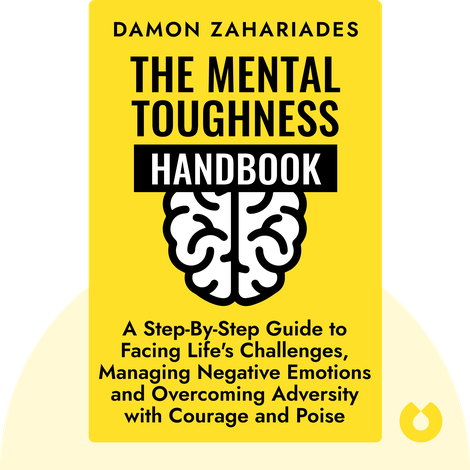
Why Karma Is Not a B**h: Exploring the Genuine Significance of a Misunderstood Idea
“Karma’s a b**h!” — how frequently have we encountered this expression online, often in reaction to a celebrity’s fall from grace or public embarrassment? This phrase has become a quick reference for immediate retribution — poetic justice arriving just in time to quench our thirst for equity in a reality that often feels anything but fair. While it may offer some momentary feeling of closure, this pop-culture depiction severely simplifies an age-old and meaningful spiritual concept.
Karma, in its authentic context, is neither harsh nor spiteful. It is not a cosmic retribution for misdeeds, nor is it a supernatural entity hidden in the shadows waiting to “get back at people.” So let’s delve into the essence of it: why Karma is not a b**h — and why the belief that it is might be one of the most significant misunderstandings of our era.
What Is Karma, Really?
Originating from Sanskrit, the term “Karma” directly translates to “action.” In Hinduism, Buddhism, Jainism, and various other Eastern philosophies, Karma signifies the spiritual law of cause and effect. Each thought, word, and deed creates a ripple effect. These ripples influence not just what returns to us, but the composition of our inner world — our habits, our identities, and ultimately, how we navigate life.
This isn’t celestial punishment. It’s the reflection of our own actions coming back to us, not out of spite, but following natural laws. Eat healthily, and you nurture your body; eat unhealthily, and you deplete it. Speak with kindness, and you cultivate harmony; speak with malice, and you sow bitterness. It’s not personal. It’s principle.
Why the Pop Definition Falls Short
In mainstream culture, Karma has been distorted into something more immediate, vengeful, and trivial. It has turned into a tool for online schadenfreude — a means to gain pleasure from others’ misfortunes while masquerading it as justice. The issue? Authentic Karma doesn’t function on Twitter’s timeline.
Genuine Karma unfolds over time — sometimes hours, other times decades, or even lifetimes (according to traditions that acknowledge rebirth). By assuming Karma involves rapid repercussions, we overlook its more profound lesson: the significance of intention, mindfulness, and accountability.
You Are Not a Victim of Karma — You Are Its Creator
One of the most liberating (and intimidating) realizations Karma brings is that you are the architect of your own experience. Every action you take — from the words you select in conversation to the internal dialogues you entertain — molds your reality.
It’s akin to sitting in a roller coaster car only to discover you helped construct the track. You are not a passive passenger on life’s thrilling journey. You are the engineer. This can feel daunting — a weight of responsibility — but it’s also immensely empowering.
This doesn’t imply you control everything. Life is unpredictable, and not all obstacles reflect past actions. However, your reactions to what life presents you — your mindset, your focus, your intention — are always yours to mold.
The Dimensions of Karma: From Subtle Habits to Deep Patterns
Karma functions on multiple levels: from the immediate (cause and effect in everyday existence) to the subtle (mental frameworks, emotional responses, and conditioned behaviors). Your habits constitute Karma. Your biases are part of Karma. Even your preferences — whether conscious or unconscious — frequently stem from Karma accumulated over time.
The mind logs every experience like a CD or digital file. Anything repeated often — whether it’s rising early or doubting yourself — turns into a habit. Eventually, it feels like “who you are.” In reality, it’s merely who you’ve become.
But this isn’t unchangeable. You can rewrite it. Through self-awareness, you can recognize your patterns, interrogate your impulses, and choose differently. Karma is not fate — it’s momentum. And you have the power to shift its direction.
The Importance of Awareness and Intention
Awareness is the initial step toward liberating yourself from detrimental Karma. The second step is intention.
Consider a simple scenario: You stay up late socializing, consume alcohol excessively, and rise feeling sluggish. That’s not Karma punishing you. That’s cause and effect. Had you opted for a run and an early bedtime, you would’ve awakened reenergized. There is no judgment, only consequence.
Now apply that to more significant issues — how you treat others, how you react to pressure, how you converse with yourself. Every action serves as both a message to the world and a directive to your subconscious. By acting with heightened awareness and intention, you begin to transform not only your external circumstances but your inner landscape as well.
Karma Yoga: Achieving Freedom Through Selfless Action
Within Eastern spiritual traditions, there exists a path called Karma Yoga — the yoga of action. It teaches that liberation is not attained through inaction or detachment but through full engagement in life.